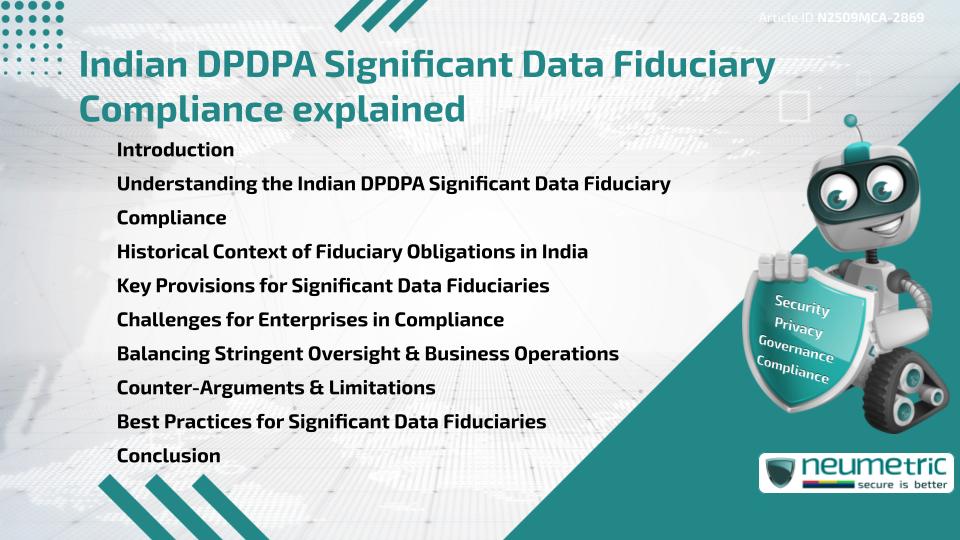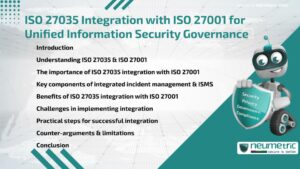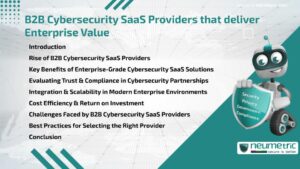Table of Contents
ToggleIntroduction
The Indian DPDPA significant data fiduciary compliance Framework sets out enhanced responsibilities for certain categories of businesses that process Personal Data at a large scale or pose high Privacy Risks. Under the Digital Personal Data Protection Act [DPDPA], these entities-called Significant Data Fiduciaries [SDFs]—must adopt stricter Governance, transparency & accountability measures. This article explains the concept, history, provisions, challenges & Best Practices linked to Indian DPDPA significant data fiduciary compliance.
Understanding the Indian DPDPA Significant Data Fiduciary Compliance
The Indian DPDPA significant data fiduciary compliance Framework identifies Organisations as SDFs based on factors such as the volume & sensitivity of data processed, the Risk of harm to individuals & the potential impact on national interest. Once designated, these enterprises must follow enhanced compliance obligations compared to regular data fiduciaries.
Historical Context of Fiduciary Obligations in India
Prior to the DPDPA, India’s Data Protection regime under the Information Technology Act, 2000 did not differentiate between high-volume processors & smaller businesses. Inspired by global Frameworks like the European Union’s General Data Protection Regulation [GDPR], which designates “controllers” with added obligations, the DPDPA introduced the SDF classification to ensure proportional accountability.
Key Provisions for Significant Data Fiduciaries
SDFs must adhere to stricter obligations, including:
- Appointment of a Data Protection Officer [DPO] based in India.
- Mandatory Data Protection Impact Assessments [DPIAs] for high-Risk processing.
- Independent audits of compliance practices.
- Enhanced record-keeping & reporting obligations.
- Stronger grievance redressal mechanisms for data principals.
These measures create a higher level of oversight to safeguard individuals’ Privacy.
Challenges for Enterprises in Compliance
The Indian DPDPA significant data fiduciary compliance Framework introduces several operational challenges:
- Recruiting qualified DPOs with relevant expertise.
- Conducting regular DPIAs & audits, which increase costs.
- Maintaining ongoing compliance across multiple departments.
- Balancing stringent obligations with business efficiency.
Balancing Stringent Oversight & Business Operations
For large enterprises, the Framework ensures accountability but can slow down decision-making. Businesses must find a balance between regulatory oversight & operational agility. For example, while audits & DPIAs protect Privacy, they can extend project timelines if not integrated into planning phases effectively.
Counter-Arguments & Limitations
Critics argue that the Indian DPDPA significant data fiduciary compliance Framework may create barriers for innovation, especially for rapidly scaling enterprises. Another limitation is the lack of detailed thresholds for classifying SDFs, leaving businesses uncertain about when they may be designated.
Best Practices for Significant Data Fiduciaries
Enterprises can adopt proactive steps to manage compliance effectively:
- Establish a Governance Framework with clear accountability lines.
- Integrate DPIAs into project lifecycles to avoid delays.
- Conduct regular training sessions for Employees.
- Automate compliance tracking & reporting wherever possible.
- Engage with external Auditors for independent oversight.
Conclusion
The Indian DPDPA significant data fiduciary compliance Framework ensures that enterprises handling vast or sensitive Personal Data remain accountable & transparent. While it introduces challenges, adopting structured Governance, regular assessments & proactive Best Practices can help enterprises comply efficiently while strengthening trust with Stakeholders.
Takeaways
- The Indian DPDPA significant data fiduciary compliance applies to large-scale or high-Risk data processors.
- Obligations include appointing a DPO, conducting DPIAs & independent audits.
- Enterprises face challenges in costs, expertise & balancing compliance with efficiency.
- Best Practices focus on Governance, training, automation & independent oversight.
FAQ
What is Indian DPDPA significant data fiduciary compliance?
It is a Framework requiring stricter compliance from businesses designated as Significant Data Fiduciaries.
How is a Significant Data Fiduciary identified?
Based on the volume & sensitivity of data processed, potential Risks & impact on individuals or national interest.
What additional obligations do SDFs have?
They must appoint a DPO, conduct DPIAs, undergo audits & implement robust grievance redressal mechanisms.
Does the Framework apply to all businesses?
No, it applies only to enterprises designated as SDFs by the Government.
What challenges do businesses face as SDFs?
They face higher compliance costs, complex audits & the need for specialized Governance structures.
Can a business avoid being classified as an SDF?
Classification depends on processing scale & Risk factors; businesses cannot avoid designation if they meet the criteria.
Are there penalties for non-compliance?
Yes, non-compliance can result in significant Financial penalties & reputational damage.
Need help for Security, Privacy, Governance & VAPT?
Neumetric provides organisations the necessary help to achieve their Cybersecurity, Compliance, Governance, Privacy, Certifications & Pentesting needs.
Organisations & Businesses, specifically those which provide SaaS & AI Solutions in the Fintech, BFSI & other regulated sectors, usually need a Cybersecurity Partner for meeting & maintaining the ongoing Security & Privacy needs & requirements of their Enterprise Clients & Privacy conscious Customers.
SOC 2, ISO 27001, ISO 42001, NIST, HIPAA, HECVAT, EU GDPR are some of the Frameworks that are served by Fusion – a SaaS, multimodular, multitenant, centralised, automated, Cybersecurity & Compliance Management system.
Neumetric also provides Expert Services for technical security which covers VAPT for Web Applications, APIs, iOS & Android Mobile Apps, Security Testing for AWS & other Cloud Environments & Cloud Infrastructure & other similar scopes.
Reach out to us by Email or filling out the Contact Form…





